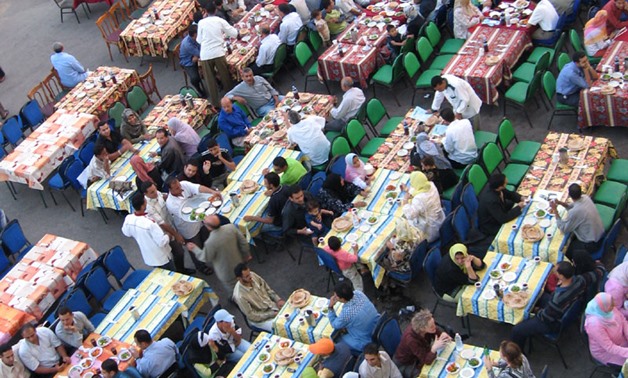
The Administrative Capital for Urban Development (ACUD) announced that it will host the longest Ramadan Iftar table in the world within the last 15 days of the Islamic holy month.
This banquet will break the Guinness World Record for the longest table. Currently, UAE-based
Ajman Municipality and Planing Department hold the title for the longest feast table since last June measuring at 2,893.64 meters. The event hosted a Ramadan Iftar for 6,000 people from across the UAE.
Similarly, ACUD is inviting all Egyptians to come together and celebrate the month of Ramadan, where Muslims around the world fast from dawn to sunset.
The new administrative capital was announced in March of 2015, and it is currently being constructed in the desert 45 kilometers east of Cairo. It is the government’s premier mega-project, as the administration seeks to mold Egypt into an attractive foreign investment.
It hopes to distribute its 95-million strong population across the country’s vast desert land more evenly in an attempt to decrease traffic congestion, population density and ease the burden on the urban infrastructure.
The capital is set to encompass 170,000 feddans, and have a capacity of 6.5 million people. The project is exceedingly ambitious, as the government hopes for it to have 1,250 mosques and churches, nearly 2,000 schools and colleges, 600 hospitals and a new national park. It’s also set to be Egypt’s new bureaucratic hub, housing the ministries as well as the Egyptian Parliament, the presidential palaces and Egypt’s state-owned TV stations.
The project has done well for employment though, providing 170,000 jobs so far and more as the next phases of the project are set into motion, but the economic benefits will only be apparent if the gross investment in the project pays off. The capital is owned primarily by the armed forces, with a 51% share in the project.
The development was expected: if the intention is to mold this new capital into a new financial center in the Middle East, then it must contain its own airport. Whether or not the new capital will draw in the foreign investment it hopes to attract remains to be seen.

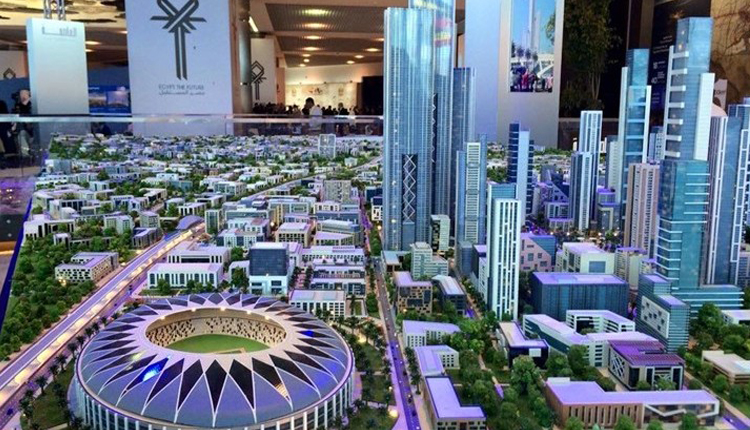


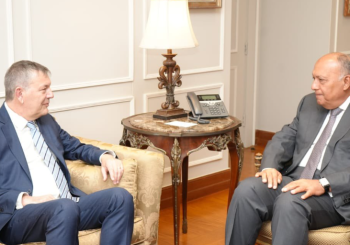
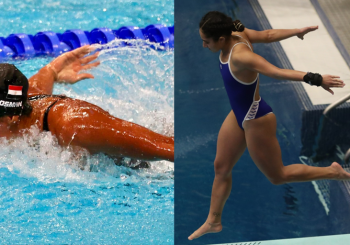
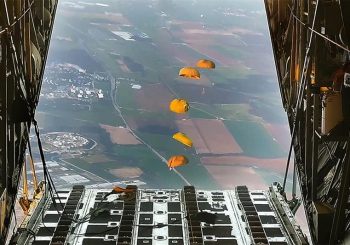
Comments (9)
[…] Following previous announcements of Egypt’s attempt to break a new Guinness record, the country has managed to snag a new world record for the longest iftar table on June 1. […]
[…] Following previous announcements of Egypt’s attempt to break a new Guinness record, the country has managed to snag a new world record for the longest iftar table on June 1. […]